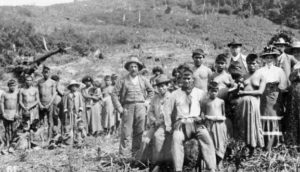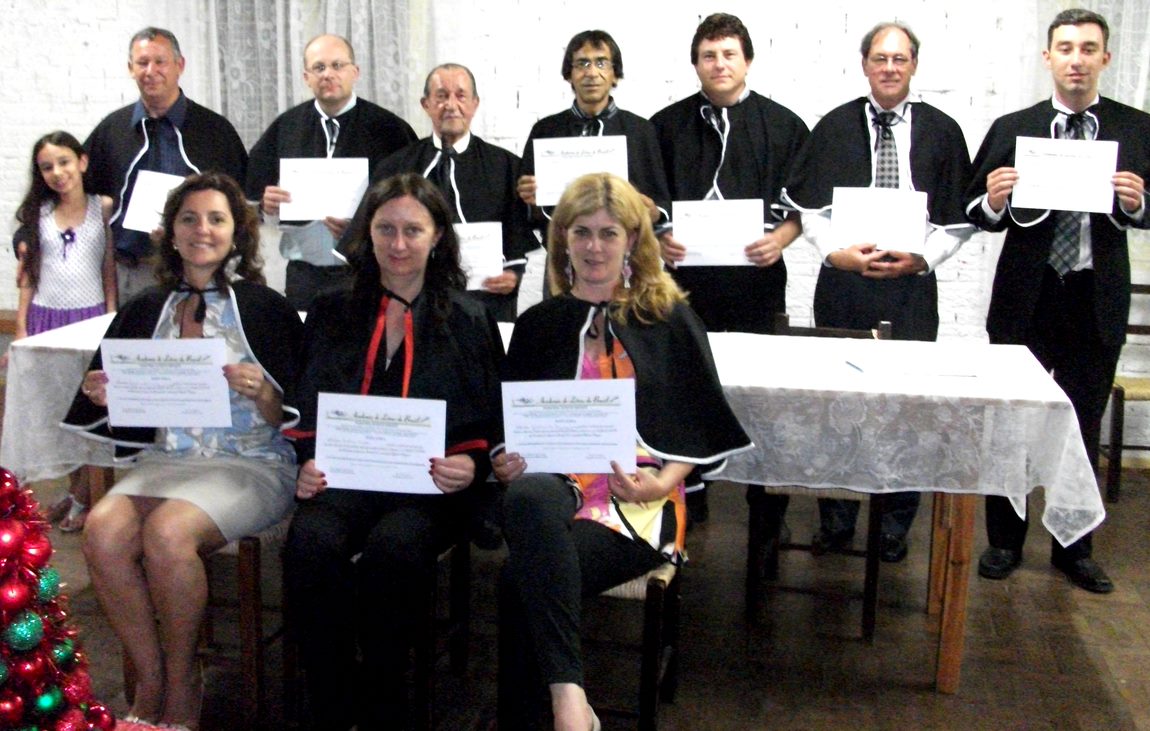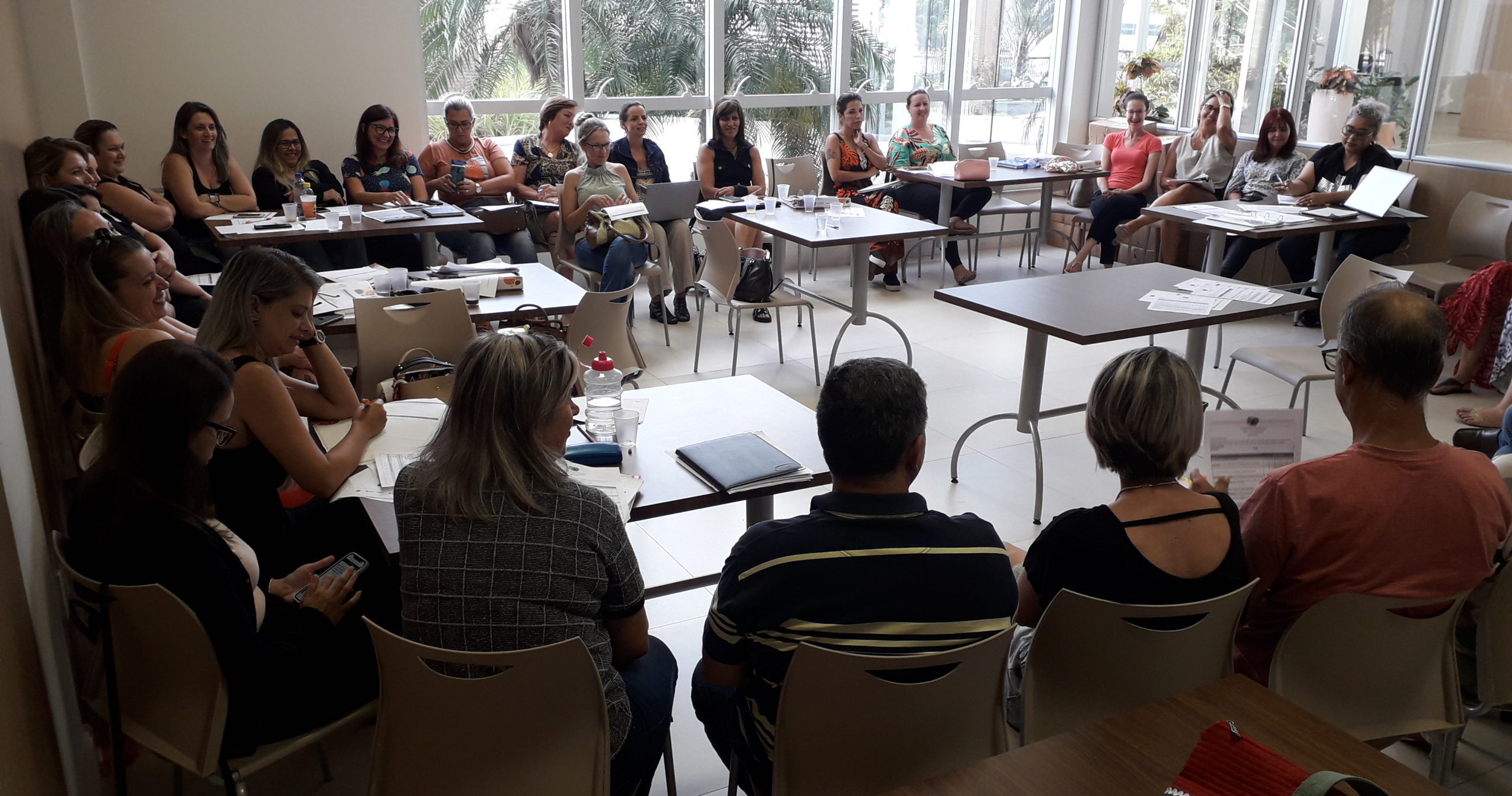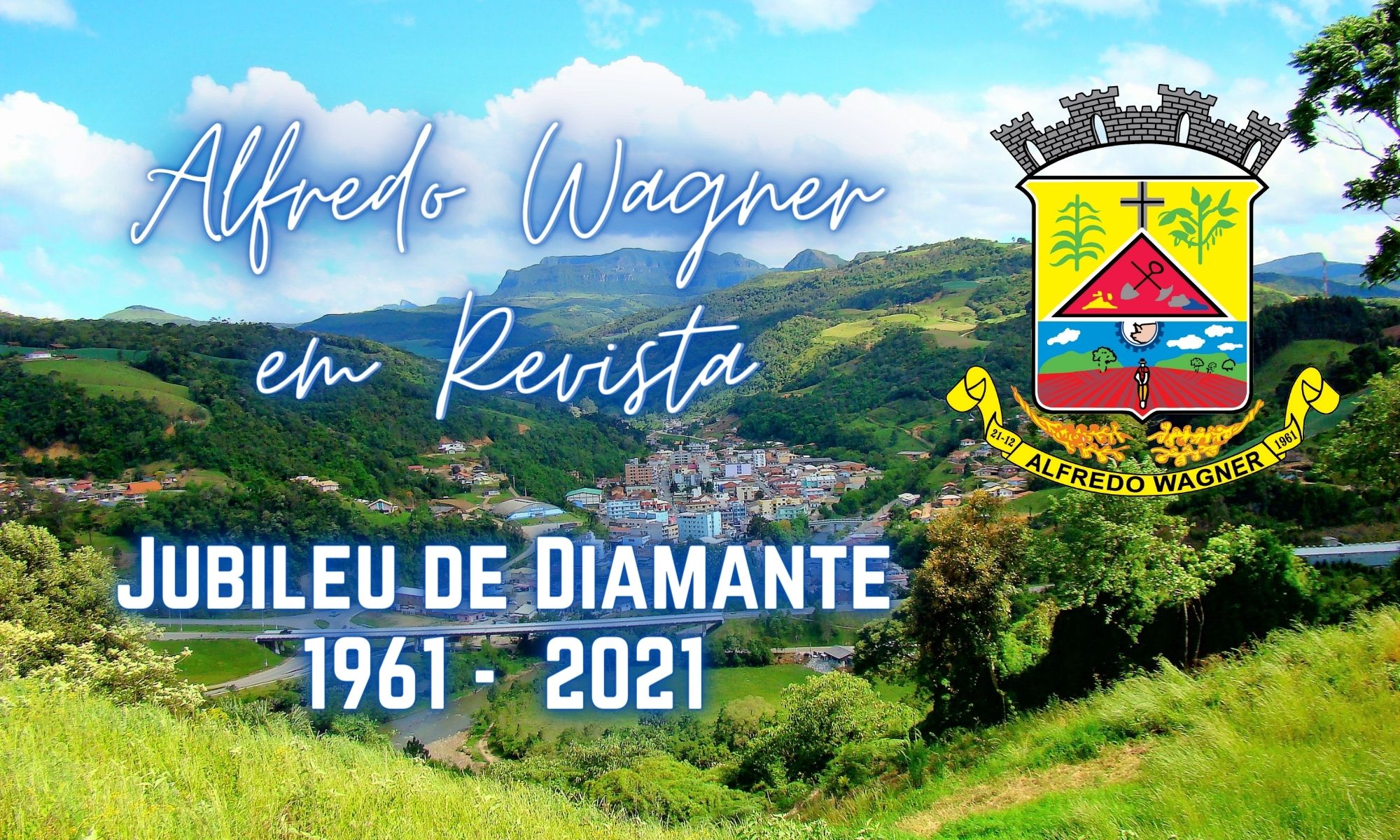Dear reader, I want to invite you on a journey through time very different from ours. We are going to accompany two families who met here in our municipality many years ago. These facts happened, of course, but separate from each other, probably one or the other happened simultaneously, but since it’s Christmas, let’s put them together in a tale based on real events. I hope that the Christmas lesson that Christ has brought us will infuse you deeply in your spirit and that abundant graces accompany you for all your life.
It was the end of the 19th century and the beginning of the 20th century. One family is a migrant and has no permanent stop, they are always traveling, they are Xoklengs, descendants of the Jê trunk, who descend to the coast in search of abundant food in the summer.
The other is a family that descends from immigrants who came from Germany. She climbs the mountain in search of new land for agriculture.
The paths are steep for both families. but the Xoklengs have much more advantage! They know the forest, they know where the danger lies. They know the way: their ancestors traveled the same path many, many years ago.
Immigrants are unaware of the dangers, but are always on the lookout for the jaguar or rattlesnake boat. They don’t know the way, they follow an open path with the machete. They walk singing religious songs, flooding the forest with their strong voices.
The Xoklengs, a warrior people who do not admit invaders, suddenly stop and pay attention. Accustomed to the sounds of the forest, they are paralyzed by different voices, singing. They understand nothing. Multilingual people, easily memorize some of the sung words.
The approaching night forces immigrants and xoklengs to stop near the large river they must cross. Each people stops on one side and camps there. Some begin to observe each other and the river that separates them is a security for both.
The immigrants, of German descent, set up camp always singing. Among them is a pregnant woman. The Indians noticed this and called one of their members, who was also expecting a child, and pointed to the newcomers. These, on the other side of the river, observe the movement and note in this gesture a desire to get closer.
The Brazilians of German descent, who were there, are tall, white, in general blond. The Xoklengs, short, caramel-skinned and very agile. The curiosity for both is so great that they even forget about their duties and night falls. They eat quickly, and retire. Immigrants go to their tents and the Indians settle in shelters that have already been prepared.
The next day would be very busy in both camps. Immigrants and Indians intend to continue their journey, but they would hardly go very far with the women about to give birth. Labor pains affect both! Few women among immigrants know how to give birth. Immigrants consult maps, compasses and decide to stay longer. They comment among themselves on the fact that the Indians have a shelter there, which indicates good, protected and safe land. Without the Germans noticing it, one of the older Indians approached from behind and watched them using the maps and hardly understood what was happening but had an intuition of what it was about.
When the immigrants notice their presence, the Indian hands them a recently caught partridge and points to the pregnant woman. Caught by surprise and with no way to reciprocate this goodwill gesture from xokleng, they offer a piece of roasted cuca at one of the stops on the trip. The Indian likes and asks for more. Take it to the tribe that on the other side of the river smiles!
The afternoon remained calm, except for the parturients who moaned in pain. Two old Indian women, with wrinkled skin and with only a cloth covering their waist, approach to help the young white woman about to give birth. With gestures they calm the woman and gradually position her for a quick and smooth delivery. The women around him observe and comment, the men withdraw, they go to sip a brandy, as night slowly falls.
One of them, taming his powerful voice as much as he can, begins to sing a song he had learned from a newly arrived relative: Stille Nacht… Happy Night for the first time echoes through the forests of the Serra! The bonfire is lit, the chants follow one another, xoklengs and immigrants sharing the brandy, eating cuca with banana (an idea of one of the Indians…) and thereafter, the cries of the newborns mix with the noise of the party. Frohe Weihnachten! One of the oldest immigrants exclaims, Merry Christmas! It’s Christmas Eve in the woods. It’s the Xoklengs’ first Christmas!



